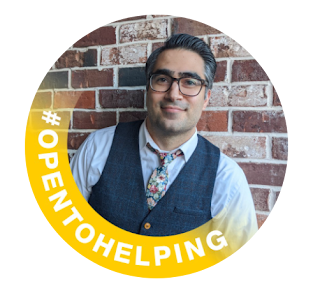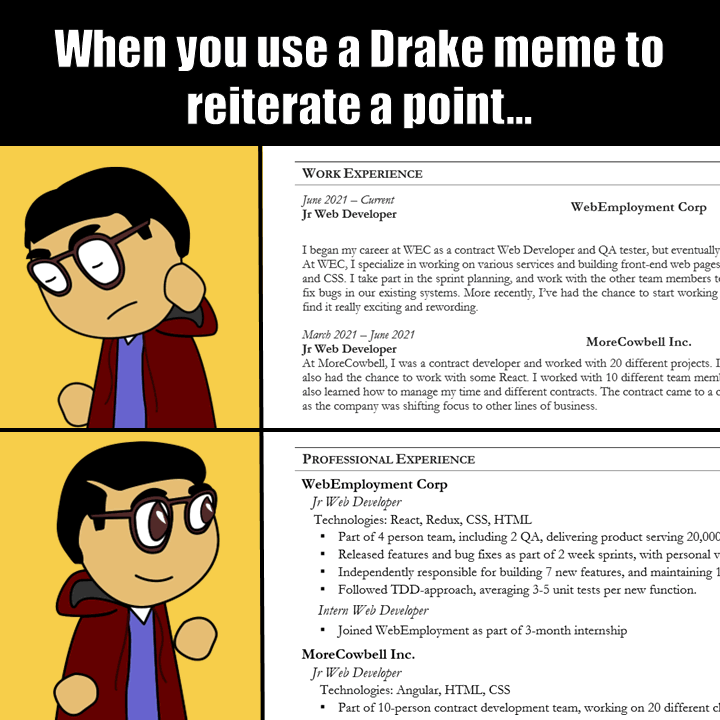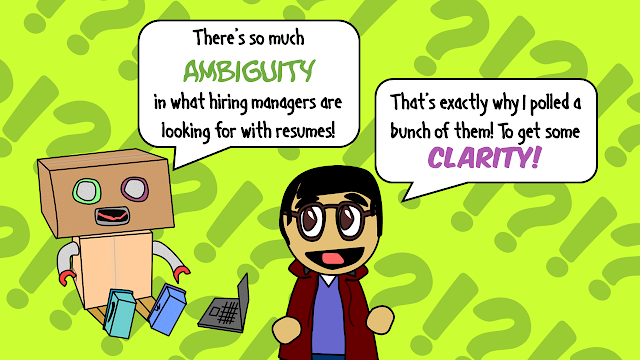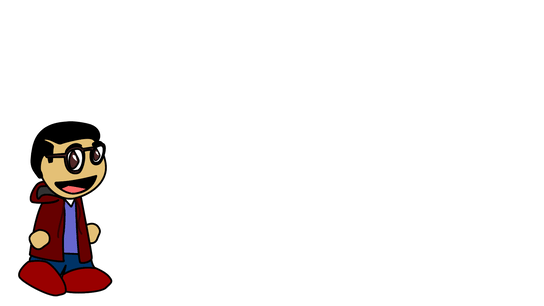#OpenToHelping Follow-Up
Of those who have reached out for help:
- About 50% needed resume feedback.
- Of that 50%, 3/4 expressed frustration from the application process: Submitting their resume and not receiving a response, or receiving a cookie-cutter rejection.
- For those who asked for feedback, almost all of them received none (or did not receive anything actionable.)
- 40% were students who were about to graduate, and wanted advice on how to best represent themselves given a lack of professional experience.
- About 10% were transitioning careers and looking to understand how to represent their transition.
- Another 10% were those who put their careers on pause: mothers who raised their kids and even homeschooled, some who took a sabbatical or extended leave to either care for others, or for themselves.
- The last 10% were a variety of special cases looking to navigate the career space: questions about work sponsorship/immigration, dealing with salary negotiations, etc.
(Percentages are rough estimates - I wish I had hard analytics behind this, but LinkedIn is fairly limited in that regard.)
I don't think there's any surprises here - this just reinforces something many are already saying: the hiring process is broken, candidates are increasingly frustrated, and I think the root of the issue is with ambiguity.
You can't hit a target when you don't know where it is.
These days resumes come in every shape, color and size - the lack of consistency points to the ambiguity in our expectations. There's too much guesswork. People won't know what to highlight and how to highlight it if we're unclear about what we're looking for. While many job-application websites standardize this process, it's a sterile and impersonal at best and confusing, redundant and ambiguous at worst.
You fill in an application with information from your resume, and then asked to upload your resume. Sometimes you're optionally asked to include a Cover Letter. Will those be reviewed? If you miss a detail on one but not the other, which will be noticed? If the application doesn't tell the full picture about your career, will your resume be seen so that it clarifies, or will you be immediately rejected?
A remote and global candidate pool can mean getting so many applications that reviewing them thoroughly and providing consistent feedback doesn't always scale. And while many companies are taking refreshing approaches to disrupt the recruitment process - here are my suggestions for job seekers so they may better navigate through ambiguity.
- Treat applications as generalizations, not nuance. By that I mean - if you had a specalized role, or context was important - generalize them. Maybe you worked for a small start-up and wore many hats. Maybe you work for a small business unit at a massive company. Whatever the case, generalize your application so a hiring manager who is doing an apples to apples comparison of candidates will not immediately reject you.
- Standardize your resume to follow a known template. It's boring, yes - but a standardized template is more intuitive. Highlight your wins, your accomplishments, and tell a more nuanced story. Fill in the gaps that your more generalized application may have missed. Your resume shouldn't just be a PDF form of your application. Use the format to your advantage. Save the colorful/personality-showcasing formats for a portfolio (if it's relevant to your job) or just simply show your personality when you interview. The resume is your professional-self that focuses on your skills (see point #4 below...)
- Only include a cover letter if you have something specific to say: either about the company, a connection you have to the company, product or an employee there, some experience you have. A cover letter shouldn't be your resume in narrative-form. If there's nothing new to add, don't include one.
- Exemplify your skills and experience in your application, resume, cover letter. 3 quantified bullets means effective communication of what matters most. 10 bullets is not better - it means communication/prioritization/organization/critical thinking are not your strengths.
Of those who have reshared/commented:
- About 35% adopted the badge and applied it to their profile picture. (Another third are those who are #OpenToWork, and the last third is made up of people who are #Hiring, or just wanted to re-share.)
- A handful of people had already had similar ideas, and even made their own badges.
- Many who are #OpenToWork are excited for the day they can help out others - some who already put out messages saying they are willing to do so.
- I've seen posts in Spanish, German, and other languages all expressing the same willingness to help.
- I've seen a variety of industries take up the charge. The bulk is tech, but plenty of HR, marketing and sales too.
- Multiple first time connections made on the message thread.
Stats:
- 1.9Million views
- 8K from Amazon
- 7K from Microsoft
- 5K from Deloitte
- 5K from Accenture
- 4K from EY
- 4K from Tata
- 3K from Google
- 2.7K from IBM
- 96K Software Devs
- 63K Salespeople
- 37K Recruiters
- 33K Marketers
- 30K Business Strategists
- 28K HR Specialists
- 26K PMs
- 22K Students
- 45K from San Francisco
- 32K from LA
- 31K from London
- 29K from Bengaluru
- 25K from Toronto
- 24K from Washington D.C.
- 23K from Jakarta
- 22K from Delhi
- 8K from Amazon
- 20K reactions
- 1.2K comments
- 500+ reshares
- 1.5K+ messages to me (rough guess, LinkedIn's messaging capabilities are fairly limited, making tracking of all the message threads very difficult)





